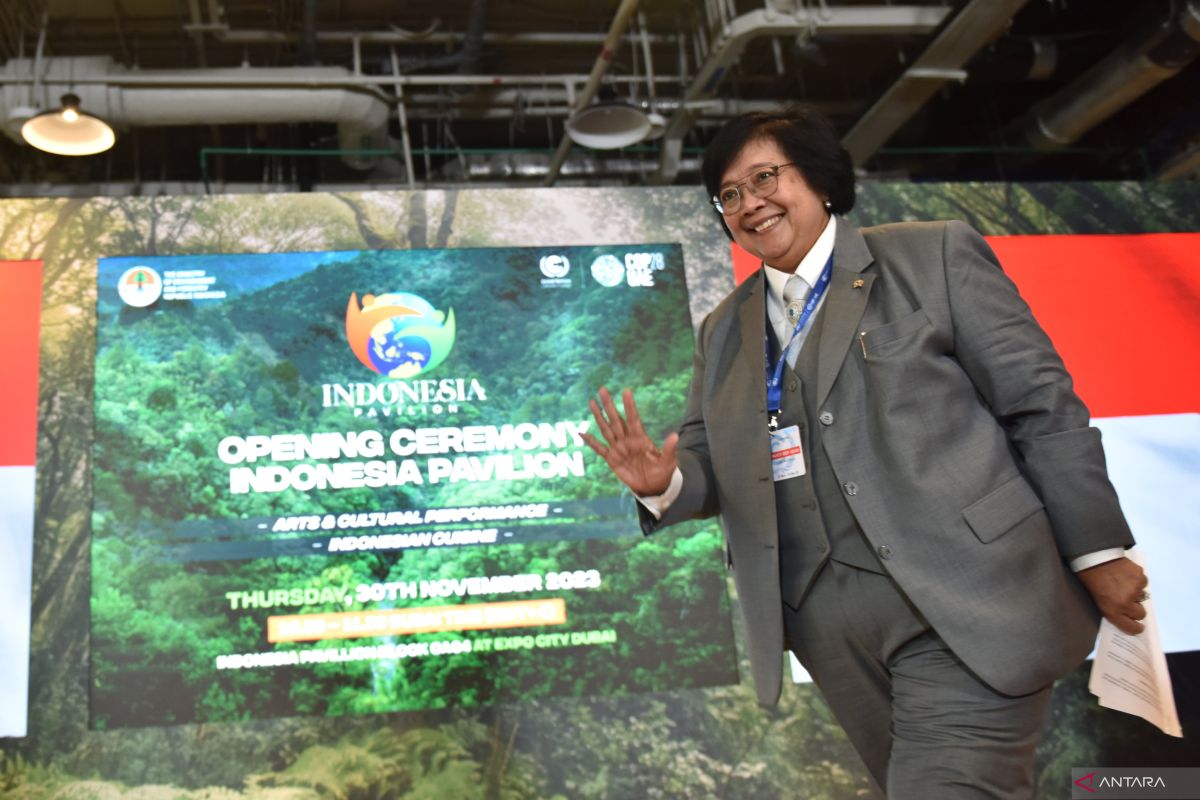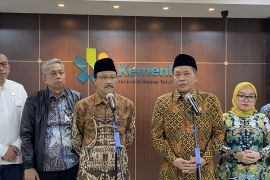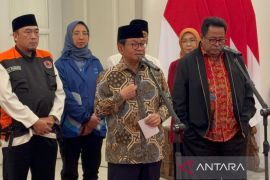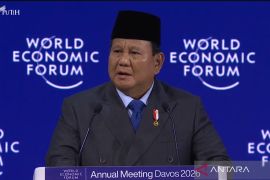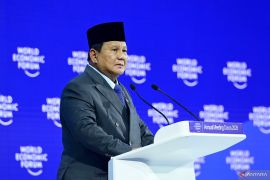"By 2030, there should be no further emissions from the forestry sector," Environment and Forestry Minister, Siti Nurbaya Bakar, remarked on the sidelines of the 28th Conference of the Parties (COP28) to the UN Framework Convention on Climate Change in Dubai, the United Arab Emirates.
She emphasized that for nearly a decade, Indonesia has successfully implemented systematic management practices in its forestry and other land use sectors, as outlined in the Operational Plan for Forestry and Other Land Use (FOLU) Net Sink 2030.
FOLU Net Sink 2030 serves as a framework for Indonesia's climate actions.
Bakar asserted that the forestry sector forms the backbone of efforts to reduce emissions, particularly those generated by the energy sector.
"The forestry sector must helps the energy sector," she added.
Indonesia is employing four primary strategies to curb FOLU sector emissions: preventing deforestation, ensuring sustainable forest conservation and management, pursuing peatland protection and restoration, and increasing carbon sequestration.
In 2019, emissions from the energy sector in the country reached 636 million tons, followed by a decline to 584 million tons in 2020 and a slight increase to 595 million tons in 2021.
The decrease in emissions was attributed to reduced public mobility due to the COVID-19 pandemic, which forced people to remain indoors. However, in 2022, as the pandemic subsided, the energy sector's emissions surged dramatically to 715 million tons.
Bakar urged developed countries to refrain from criticizing Indonesia's energy sector, which still contributes high emissions, acknowledging their own historical prosperity dating back to the 1970s.
"In international forums, I consistently convey that it is challenging for Indonesia to significantly reduce energy emissions because its people also deserve to prosper," she stated.
She highlighted that Indonesia's electricity consumption per capita per year stands at around 1,200 kWh, while the average in developed countries is significantly higher at 5,400 kWh per capita per year.
Related news: Jokowi heads to UAE to attend COP28 climate change event
Related news: Indonesia to observe four crucial issues at COP28
Translator: Sugiharto P, Kenzu
Editor: Anton Santoso
Copyright © ANTARA 2023
